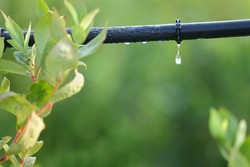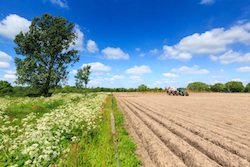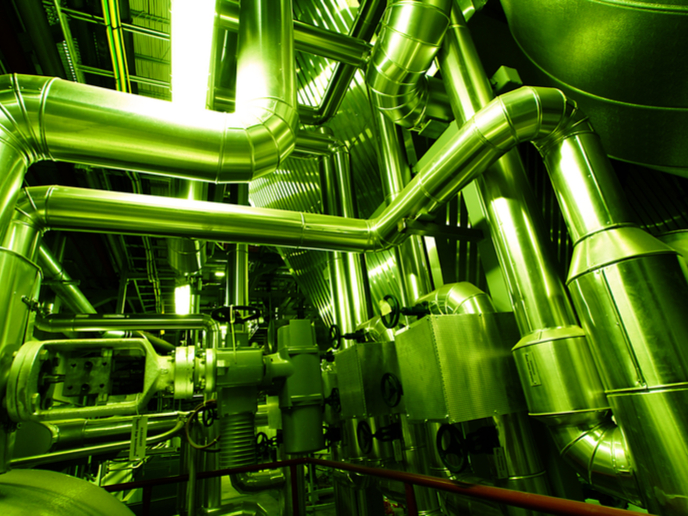Automated irrigation to save water and energy
In recent years, the cost of irrigating has been steadily rising, led by the increase in the prices of energy and synthetic fertilisers. The EU Water Framework Directive (WFD) has also phased out water subsidies for agriculture to start pricing water to reflect its full environmental cost. Drip irrigation is the most widespread technology for irrigating and fertigating (fertilising via irrigation systems) fruit tree crops because of its high efficiency. Its benefits are often lost because poor management leads to excessive use of water, fertilisers and energy. The EU-funded EFFIDRIP(opens in new window) (Enabling next generation commercial service-oriented, automatic irrigation management systems for high efficient use of water, fertilizers and energy in drip irrigated tree crops) initiative worked to make easier for farmers to implement efficient irrigation and fertigation management. The aim was to develop a solution based on information and communication technology to reduce the use of water, fertilisers and energy. Researchers advanced an internet-enabled system where farmers could configure and supervise the progress of irrigation via a PC or mobile device. In the field, the control of irrigation relied on current irrigation and fertigation control equipment. The system was able to execute irrigation schedules and automatically update them for each irrigation sector according to weather conditions and plant water needs assessed through sensors. EFFIDRIP developed the system to reduce the need for user intervention in day-to-day operations. Three pilot sites in Greece, Spain and Portugal were chosen for testing the system. In all three cases, EFFIDRIP delivered a seasonal volume of irrigation within the range expected from recommendations by the Food and Agriculture Organization of the United Nations (FAO). In Spain, results indicated a 48 % increase in water productivity in young apple orchards. In Portugal, EFFIDRIP applied 65 % less water and in Greece it applied 47 % more water due to the severe lack of irrigation applied by the farmer. The researchers could not measure the yield in Greece and Portugal, but they concluded upon visual inspection that there were no substantial differences. Project developments take a step towards better irrigation management through technology, which will improve farming sustainability in the long term.







